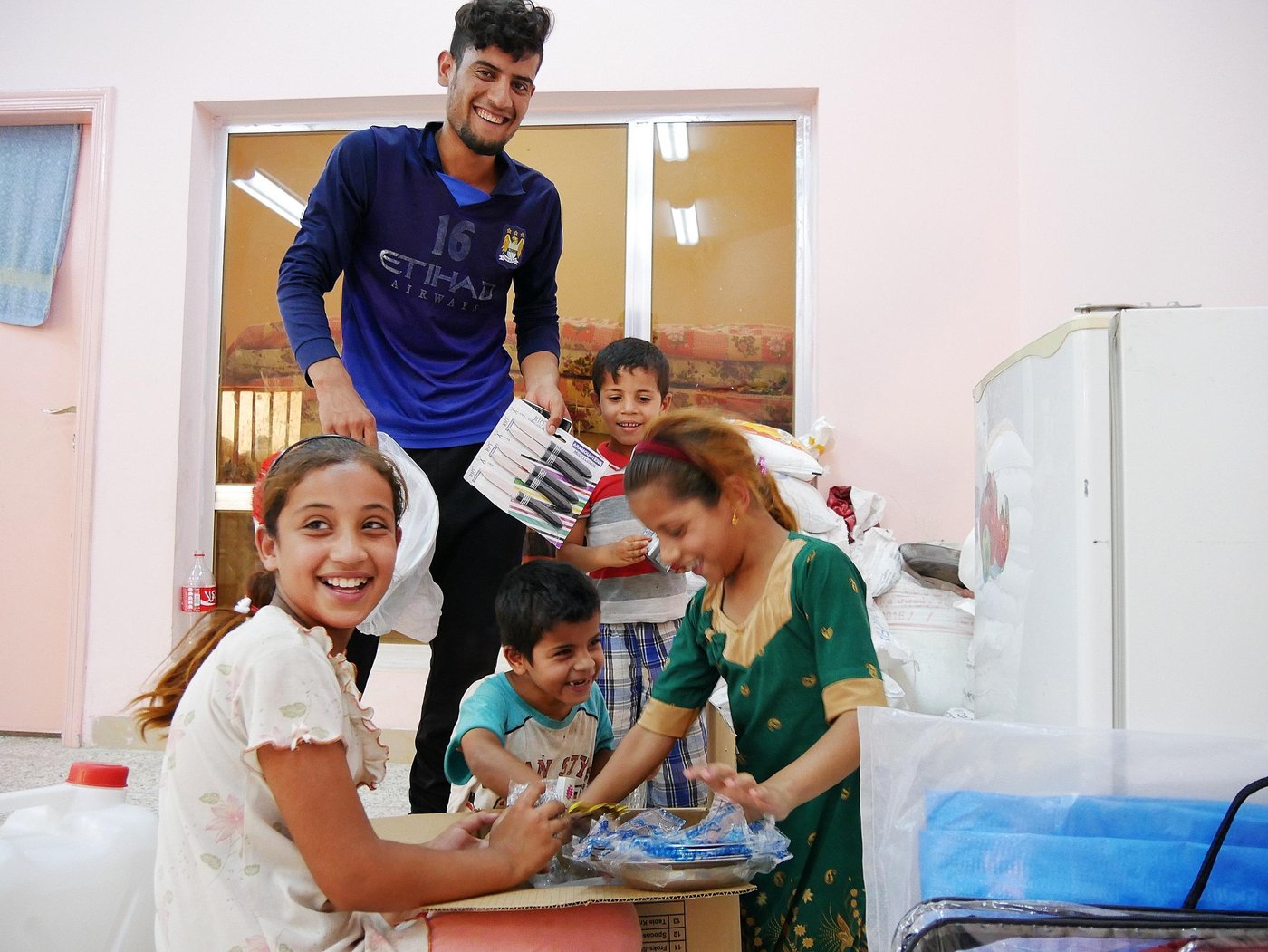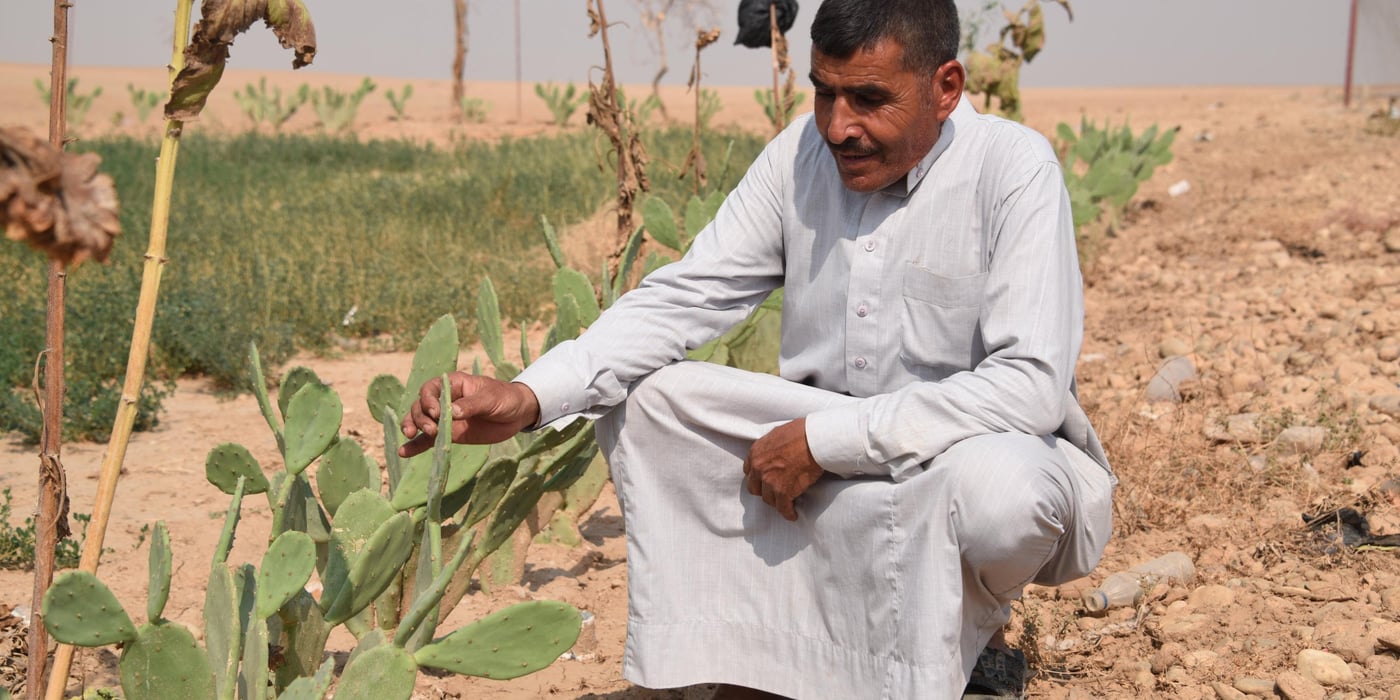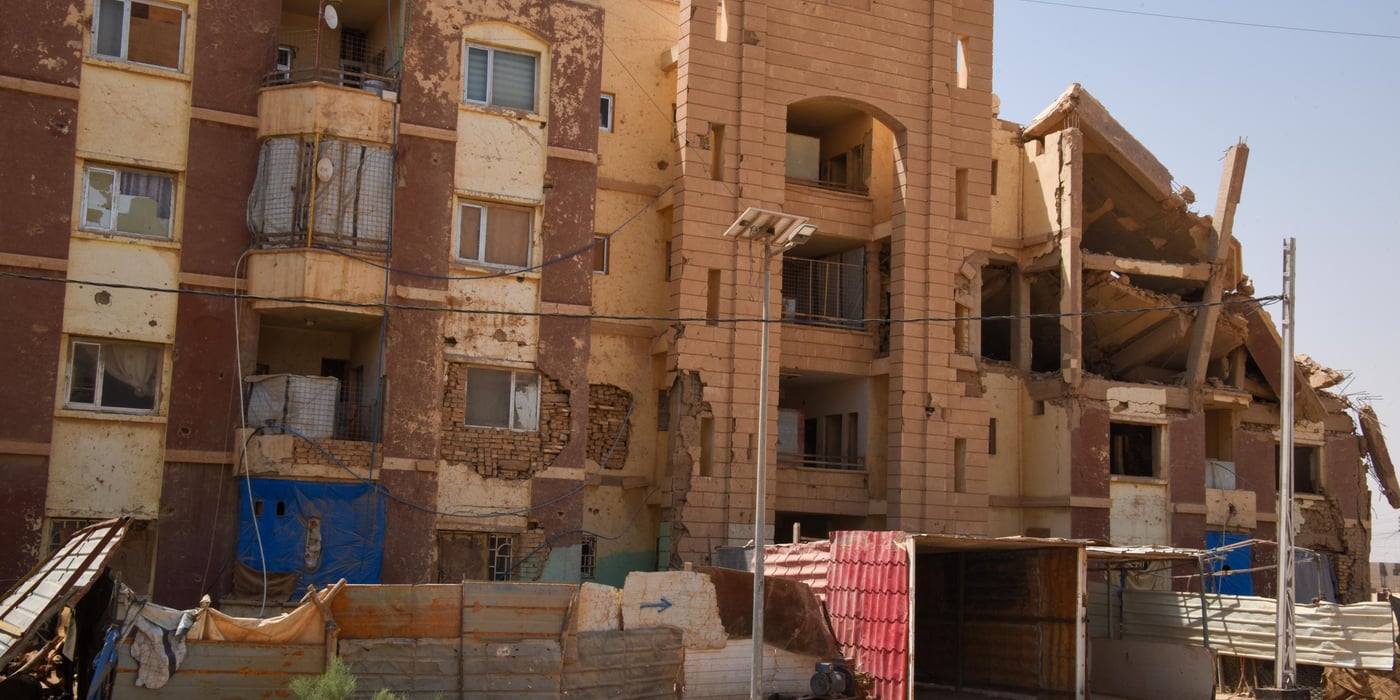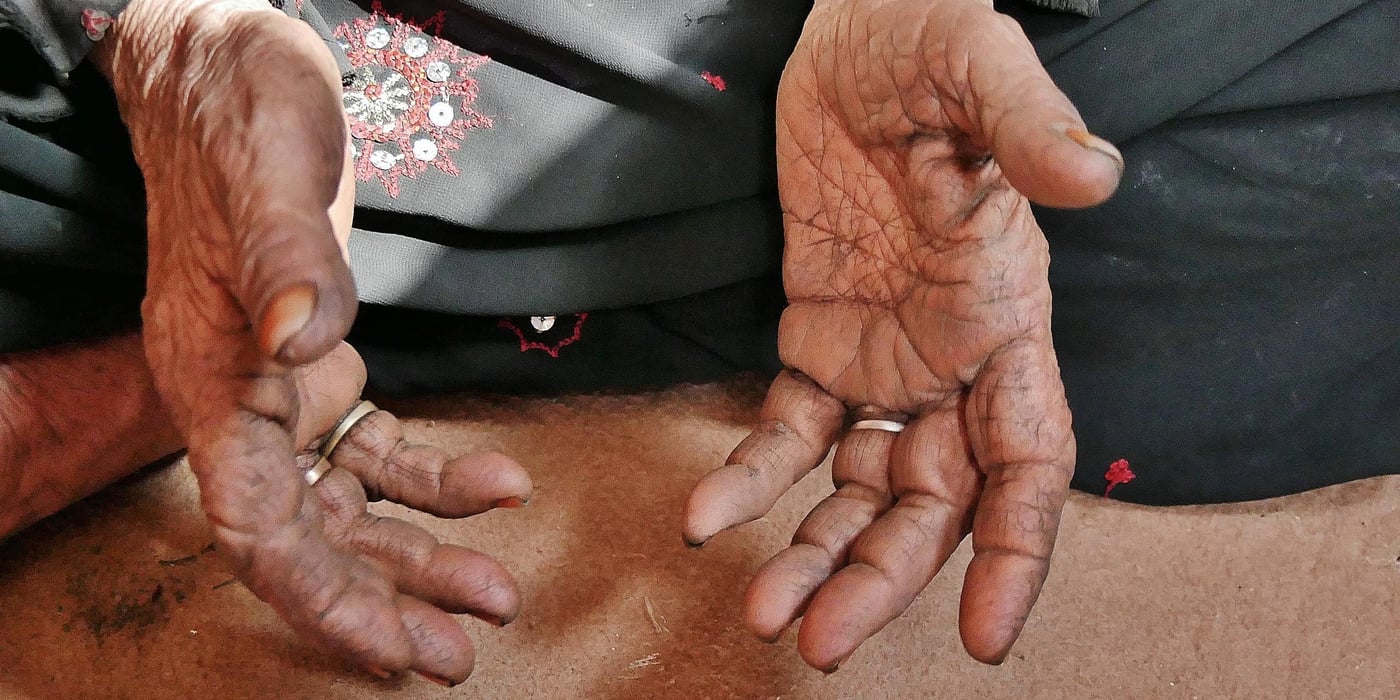
“Civilians are caught in the midst of heavy crossfire. Their lives must be protected and they must be allowed to reach safety,” said the Norwegian Refugee Council’s (NRC) country director in Iraq, Heidi Diedrich.
On 21 September 2017, Iraqi authorities started military operations to retake Hawiga and Shirqat districts and surrounding areas. So far, more than 12,500 people have been displaced. No international humanitarian organisation has been able to enter Hawiga, which has been under the control of the Islamic State group (IS) over the past three years. Most local aid groups there are no longer functional.
Many are trying to reach safety by going south towards the Salah Al-Din area and east towards Kirkuk.
Starvation and constant fear
“We starved,” said Isra Jasim Mohammed, a displaced woman from Hawiga. “And we were constantly afraid of the IS group.” Together with her six children, she walked for hours to reach Debaga camp in Erbil in late 2016. She and her family received water, food and hygiene items from NRC upon their arrival.
Civilians living under the IS group’s control in Hawiga and its surrounding areas have not had enough food and water for the past three years. Nor have they been able to access medical care, with almost no doctors left in the area and medication largely scarce. Civilians have lived through regular coalition airstrikes as well as retaliatory punishments by the IS group. They constantly fear for their lives.
Assisting the displaced
The majority of those who flee go to camps in Ninewa Governorate. Hundreds of people are also arriving to transit sites and camps in Kirkuk Governorate, where NRC’s teams are assisting the newly arriving families daily.
Among them are older people, new-born babies and children who don’t know where their parents are.
“In addition to the terror they have experienced during years under the control of the IS group, many of the families who are arriving are malnourished,” said acting NRC’s area manager in Kirkuk, Silvia Beccacece. Her teams have been assisting families from Hawiga, Shirqat, and neighbouring areas since October 2015.
In addition to immediate relief items, NRC is offering psychosocial support services and helping reunite separated families.
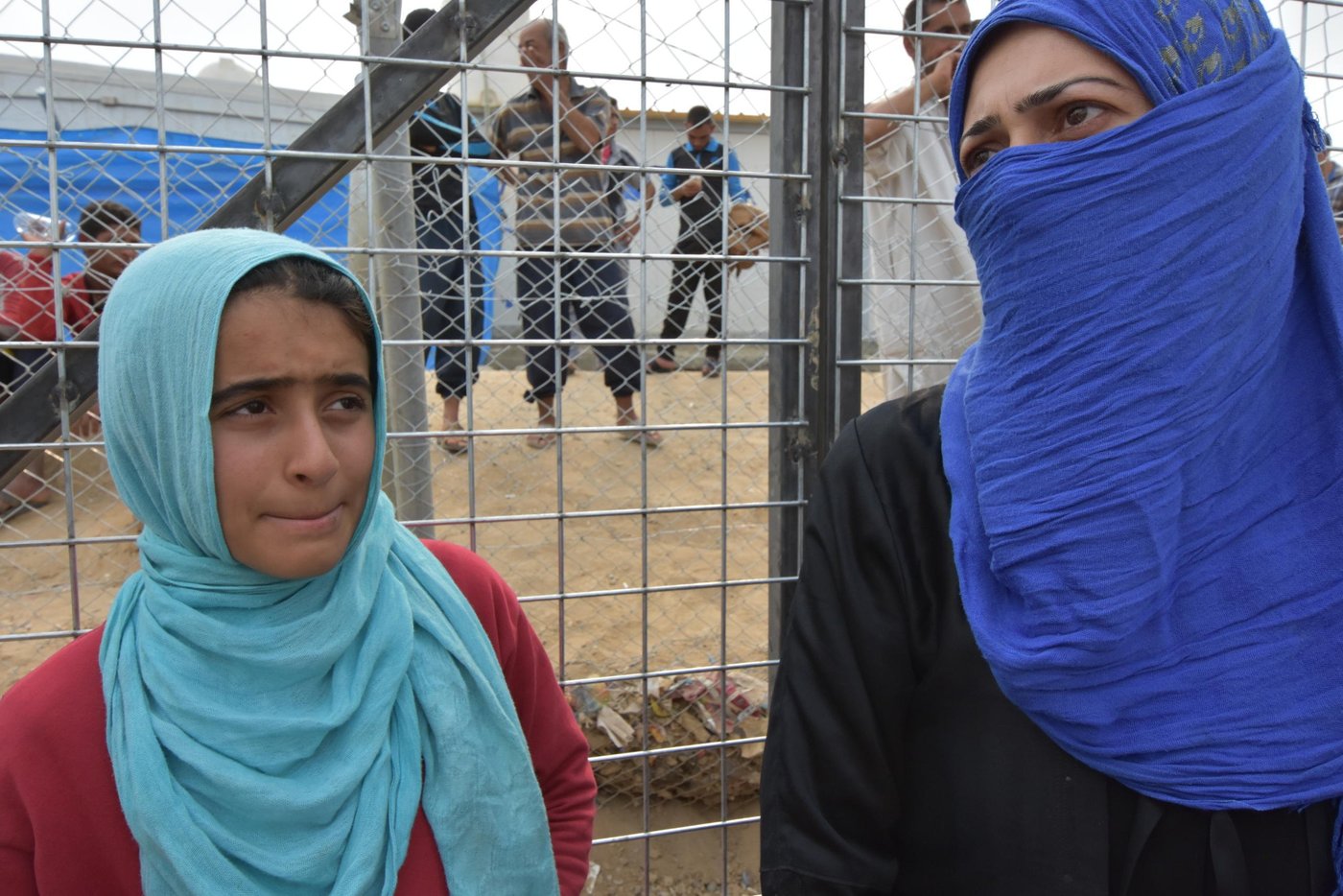
A dangerous escape
The families who have made it out safely often arrive with little more than the clothes on their backs. They’ve travelled long distances by foot through dangerous smuggler routes.
Last week during an NRC distribution a young mother told NRC staff that she had literally just arrived on foot with her five children, all under the age of six.
They had walked for 17 hours to get to safety in Kirkuk. Some of her neighbours, who were also trying to escape, were captured by the IS group on the way. She told NRC: “The choice was easy, my family dies in Hawiga or we die on the way. There was nothing to lose.”
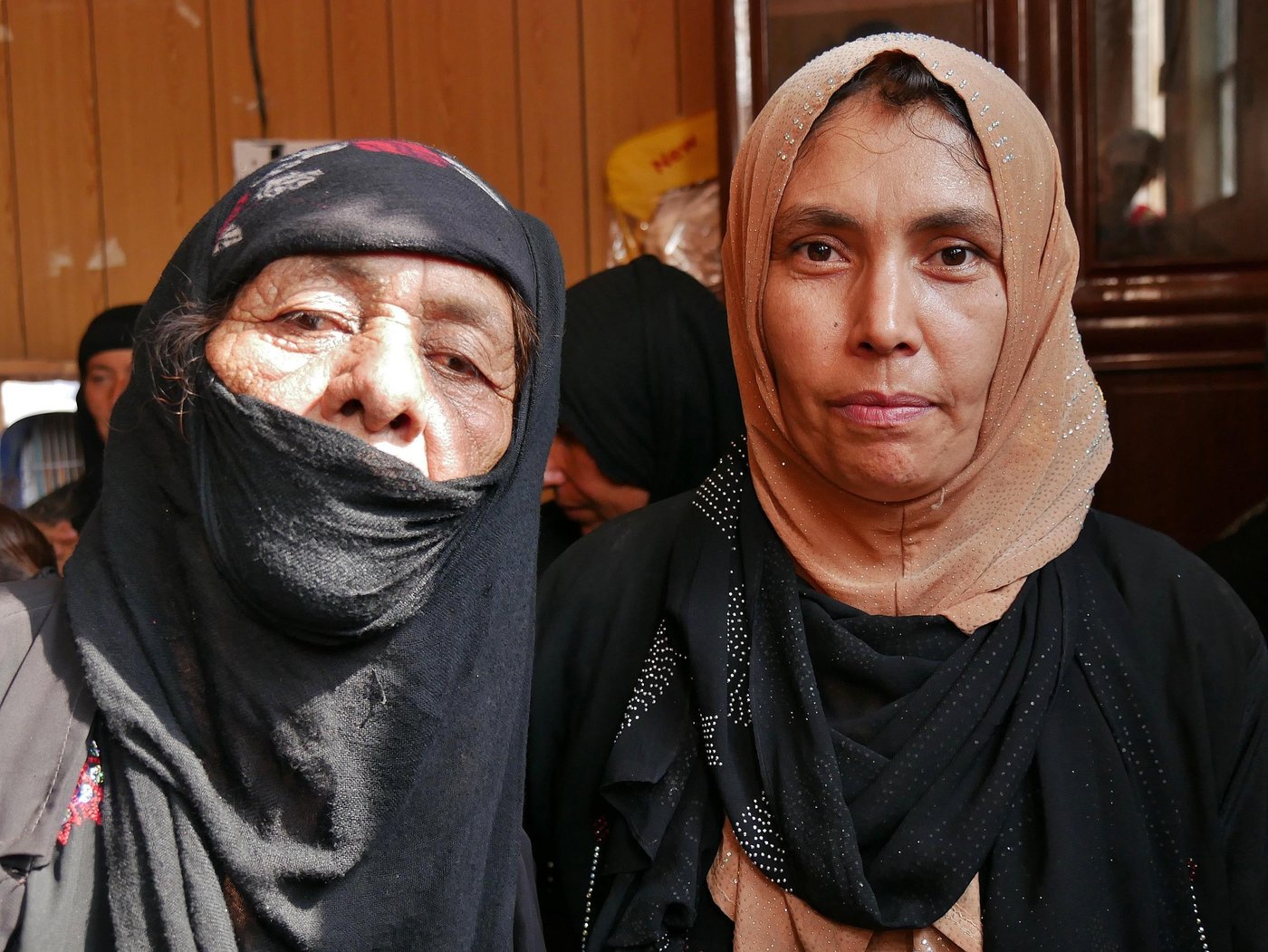
Naifa Mohammed is another displaced woman from Hawiga. With the help of a paid smuggler, she escaped Hawiga with her daughter. They walked for seven hours on roads riddled with land mines.
“Airstrikes were raging above our heads and we were scared to do anything, even speak,” said Naifa Mohammed.
An overwhelming humanitarian crisis
The crisis in Iraq remains one of the largest, most complex and most volatile in the world today. Across the country, the conflict has forced over three million people to flee their homes – and years’ worth of military operations have displaced millions more.
An estimated 11 million people are in need of humanitarian assistance. As we approach the year’s end, less than 60 per cent of the requested funding needed to reach the needs has been provided. This leaves an enormous funding gap of USD 424 million.
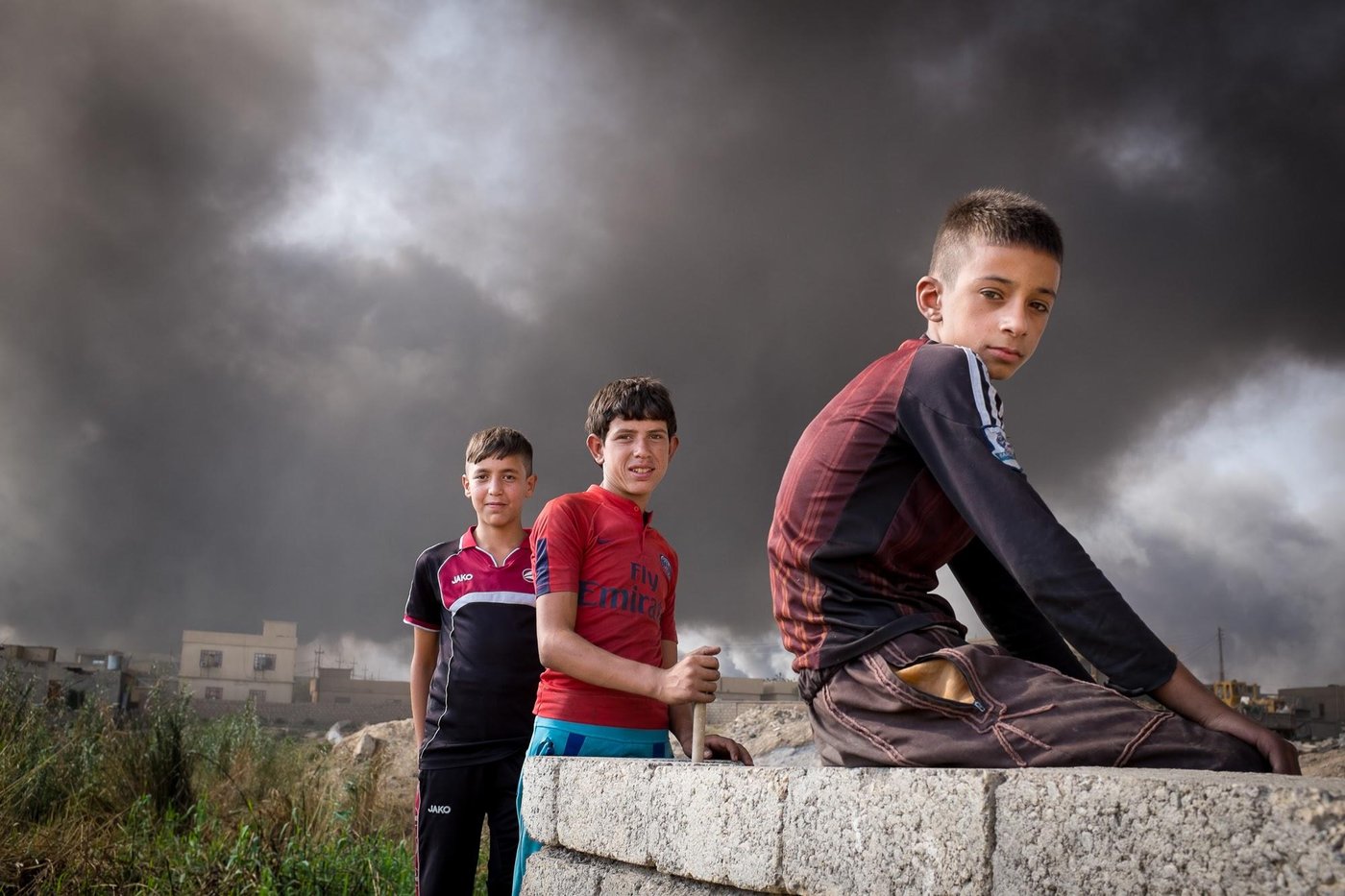
“NRC is ready to assist those who are fleeing now,” said Diedrich. “We are on the ground near the expected routes of displacement in Kirkuk, Ninewa and Erbil Governorates.”
She urged all parties engaged in military activity and present on the ground to uphold international humanitarian law and respect the rights of civilians as they flee the fighting. Breaking the cycle of violence is an important step towards a more peaceful future in Iraq in the long run.
NRC is present in and outside of camps, providing shelter upgrades and distributing mattresses, cooking sets, blankets, jerrycans and hygiene items. In camps, we have also installed water and sanitation facilities. In addition to this immediate relief, NRC also offers psychosocial support and is working to prevent and respond to gender-based violence. NRC legal experts are providing support to those who have lost their identity documents.
